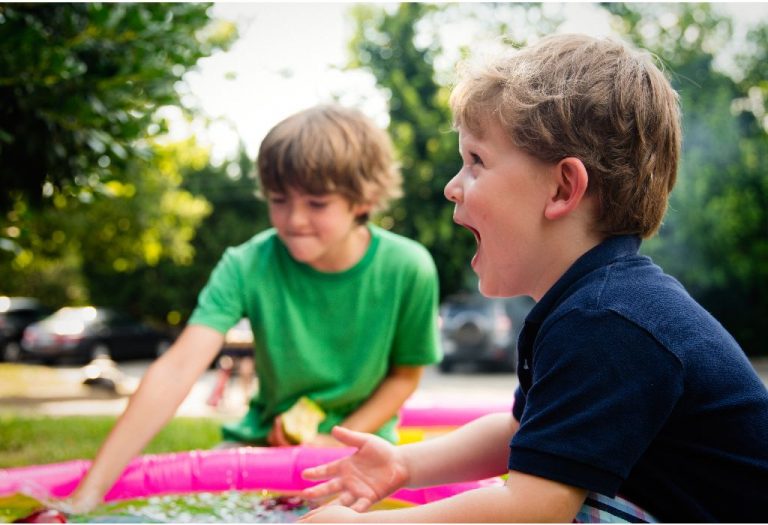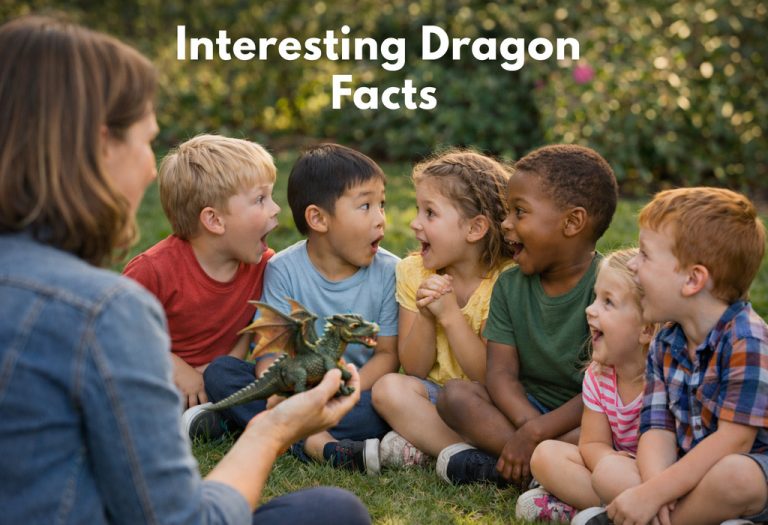Responsive Parenting: Why It Matters for Your Child’s Development
Parenting is one of the most fulfilling yet challenging journeys in life. With countless advice from experts, friends, and family, it can be hard to know the best way to raise a happy, healthy child. However, there’s one approach that research consistently shows is vital for child development—responsive parenting. This parenting approach isn’t about following a strict set of rules but understanding your child’s needs and responding to them appropriately. This style of parenting involves creating a nurturing environment where your child feels safe, heard, and supported.
In today’s fast-paced world, where distractions like work, social media, and other commitments pull families in different directions, practising responsive parenting can seem superficial and impractical. Wait till you hear the benefits. From emotional development to academic success, responding to your child’s cues can shape their future in ways you might not expect. Let’s explore why responsive parenting matters and how it can be instrumental in your child’s overall welfare and prosperity.
What Is Responsive Parenting?
Responsive parenting is a parenting approach where parents are attuned to their child’s needs and emotions rather than putting them. It focuses on understanding and responding to a child’s signals with care, creating a strong emotional bond.
In this method of sensitive parenting, parents pay close attention to their child’s cues—whether physical, like hunger, or emotional, like fear or excitement. Instead of using a one-size-fits-all solution, parents adjust their responses based on what their child needs at the moment.
Responsive parenting teaches children empathy and patience and expresses their love by being present for their child. Thus, parents help their children feel secure, valued, and understood. This approach cultivates a supporting environment, allowing children to develop emotional intelligence, confidence, and a stronger sense of self.
Benefits of Responsive Parenting
Responsive parenting has many positive effects on a child’s growth and development. By being attentive and understanding, parents help their children build essential life skills. Here are some of the key benefits that come from being a highly sensitive parent.
1. Emotional Security
When parents respond consistently to their child’s needs, the child feels safe and secure. This emotional security helps them trust others and feel confident exploring the world around them.
2. Better Social Skills
Children learn how to interact with others by observing their parents. Responsive parenting teaches them empathy, cooperation, and effective communication. These skills are vital for building friendships and navigating social situations.
3. Improved Cognitive Development
Responsive parenting encourages curiosity and learning. When parents engage with their children through talking, playing, and reading, they support brain development. This leads to stronger problem-solving skills and better academic performance.
4. Reduced Behavioral Problems
Children who feel understood and supported are less likely to develop behaviour issues like aggression or anxiety. Responsive parenting helps them manage their emotions and express themselves in healthy ways.
5. Stronger Parent-Child Bond
A highly sensitive parent builds a close and trusting relationship with their child. This strong bond lays the foundation for positive interactions throughout life, giving the child a sense of belonging and connection.
Cons of Responsive Parenting
While responsive parenting has many benefits, it also comes with challenges. It requires time, energy, and constant attention, which can sometimes be overwhelming for parents. Let’s explore some potential downsides to this parenting style.
1. Emotional Exhaustion
Being constantly tuned in to a child’s needs can lead to burnout. Parents may feel drained from always being available and attentive, especially if they don’t take time for self-care.
2. Inconsistent Discipline
Responsive parenting can sometimes blur the lines of discipline. Parents may struggle to set firm boundaries, which can lead to inconsistency in enforcing rules.
3. Child Dependency
There’s a risk of children becoming too reliant on their parents for emotional support. They may struggle with independence if they aren’t encouraged to solve problems on their own.
4. Time-Consuming
Responsive parenting requires a lot of time and patience. Balancing this with other responsibilities like work or household duties can be difficult.
5. Parental Guilt
Parents might feel guilty if they can’t always be responsive. Life can get busy, and sometimes parents may feel they’re not doing enough, leading to unnecessary stress.
6. Potential for Overprotection
A highly attentive approach can lead to overprotection. Parents may become too involved in their child’s life, limiting the child’s ability to face challenges and grow from them.
7. Strain on Parent-Parent Relationship
Focusing heavily on the child’s needs might strain the relationship between parents. Less time and attention for each other can lead to communication issues or feelings of neglect.
Effects of Responsive Parenting on Children
Responsive parenting has a deep and lasting impact on a child’s emotional and social development. When parents respond to their child’s needs with care, it shapes the way the child interacts with the world. Here are some key effects of responsive parenting on children.
1. Greater Emotional Stability
Children raised with responsive parenting are more likely to manage their emotions well. They feel secure and understood, which helps them stay calm and deal with stress in healthy ways.
2. Stronger Social Connections
Responsive parenting teaches children how to interact with others. They develop empathy and are better at forming friendships and building relationships.
3. Increased Confidence
When children know their needs will be met, they gain confidence. They feel safe exploring new things and taking risks because they know their parents are there to support them.
4. Better Academic Performance
Children raised in responsive environments often do better in school. Their ability to manage emotions, focus, and problem-solve contributes to their overall success in learning.
How to Be a Responsive Parent?
Being a responsive parent means being attentive and understanding of your child’s needs. It’s about creating a supportive environment where your child feels heard and valued. Here are some simple ways to practice responsive parenting.
1. Listen to Your Child
Pay attention to what your child is saying, both verbally and non-verbally. When they talk, listen without interrupting, and show that their feelings matter to you.
2. Acknowledge Their Emotions
Whether your child is happy, sad, or frustrated, acknowledge their emotions. Let them know it’s okay to feel that way and offer comfort or guidance when needed.
3. Be Present
Make sure to spend quality time with your child without distractions. Even short moments of undivided attention can strengthen your bond.
4. Set Clear but Gentle Boundaries
While it’s important to be responsive, children also need structure. Set rules and boundaries, but explain them calmly, and be consistent in enforcing them.
5. Encourage Independence
Support your child in solving problems on their own. Offer guidance but let them try things for themselves, which helps build confidence and resilience.
FAQs
1. What is the difference between responsive parenting and permissive parenting?
Responsive parenting involves understanding and meeting your child’s needs while also setting clear boundaries. Permissive parenting, on the other hand, tends to lack structure, allowing children to make decisions without guidance. Responsive gentle parenting supports the child emotionally but still maintains rules.
2. Can responsive parenting be too much?
It’s possible to be overly involved, which can lead to overprotection. While it’s important to be attentive, children also need space to grow and learn independently. Striking a balance is key.
3. Does responsive parenting work for all ages?
Yes, responsive parenting can be adapted for different stages of a child’s life. For babies, it involves meeting physical needs quickly, while for older children, it focuses more on emotional support and helping them develop problem-solving skills.
Parenting is such a variable approach that it varies from family to family. Responsive parenting, in particular, is all about being in tune with your child’s needs and responding with care and understanding. It focuses on building a strong emotional bond, boosting a child’s confidence, and promoting healthy social and cognitive development. By listening, acknowledging emotions, and providing support, you can ensure a safe and nurturing environment where it’s not about being perfect but being present with your children and sharing a precious bond with them. With responsive gentle parenting, you guide your child toward becoming a confident and emotionally secure individual. It’s a powerful way to foster lifelong skills and strengthen your relationship with your child.
Also Read:
Role of Parents in Child Development
Impact of Working Parents on Child Development
Role of the Family in a Child’s Development
Was This Article Helpful?
Parenting is a huge responsibility, for you as a caregiver, but also for us as a parenting content platform. We understand that and take our responsibility of creating credible content seriously. FirstCry Parenting articles are written and published only after extensive research using factually sound references to deliver quality content that is accurate, validated by experts, and completely reliable. To understand how we go about creating content that is credible, read our editorial policy here.
















.svg)


















